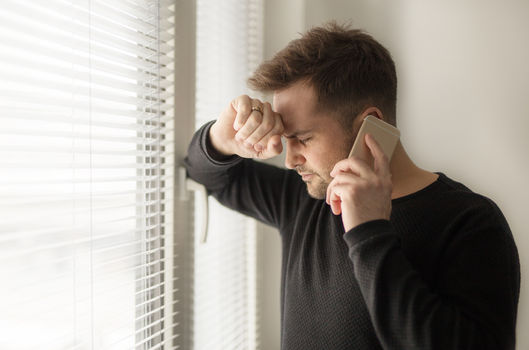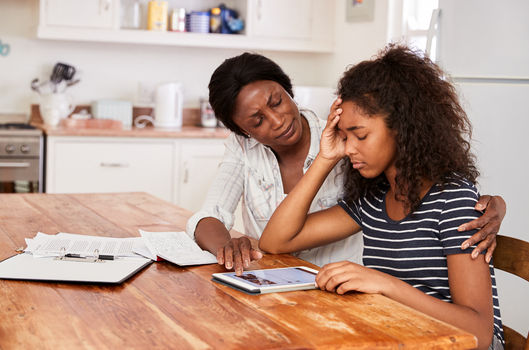What if a child tells me they have been/are being abused?
If a child is at immediate risk of harm – call 999.
Three quarters of children who are sexually abused do not tell anyone about it and many keep it a secret all their lives. Sexual abusers are more likely to be people we know, and could well be people we care about.
More than 8 out of 10 children who are sexually abused know their abuser. They are family members or friends, neighbours or babysitters, and many hold responsible positions in society. The closer the relationship between the abuser and the victim, the less likely they are to talk about it.
Children often show us rather than tell us that something is worrying or upsetting them, so being aware of the warning signs is vital. However, children may give vague hints that something is happening. Their information may not be clear and they may not have the words to explain what is happening to them.
The way adults respond to this is vital to ensuring the child's safety.
Believe the child
If a child trusts you enough to tell you about abuse, you must remember that they rarely lie about such things.
Although it may be hard to believe that someone we trust or care about is capable of sexually abusing a child, it's highly unlikely that a child would deliberately make false accusations about adult-like sexual behaviours.
The pressures on the child to keep silent are enormous. It takes tremendous courage to talk about abuse. A child's claim that sexual abuse did not happen (when it actually did), or taking back a disclosure of abuse are common. Sometimes the child's account of what happened changes or evolves over time. This is a common pattern for disclosure and should not invalidate their story.
Be supportive
It is important that children feel supported. Don't dismiss their claims or put them off talking about it.
Stay calm
If they are talking to you about it, don't get angry or upset. Stay calm and steady. If you get angry, the child may think you are going to punish them and this will play into the hands of the abuser who warned the child not to tell. If the child fears you will become upset or distressed, they are less likely to disclose in order to protect you emotionally.
Be caring
Make sure the child knows you love them and that they have done nothing wrong; keep telling them this. The child will need to see that adults believe them and they are doing all they can to protect them. Make sure the child knows they were right to talk about it and that you are glad they came to you.
Face the problem
When the abuse is known, adults must face the problem honestly, protect the child at all costs, and place responsibility appropriately with the abuser.
Respond with care and urgency
If you think a child is trying to tell you about a sexually abusive situation, respond promptly and with care. You can always call the Stop It Now! Scotland helpline (0131 556 3535) for advice on what to do next if you are unsure.
Re-establish safety
Do what is necessary to protect the child from further harm. Talk to the child, set boundaries and create a family safety plan
When creating a family safety plan, it is important to know what is meant by a 'risk factor' and what risk factors might look like. A risk factor is something that puts someone at risk of sexually abusing a child. It could be a physical factor (e.g. being in close proximity to a child) or a situational risk factor (e.g. lack of parental oversight).
However, alongside being aware of risk factors, it is also important to be aware of, and consider, 'protective factors'. Protective factors are the things a family can do to keep the family safer. Protective factors can include good communication within the family, supportive relationships, and appropriate rules and boundaries. Such protective factors are the building blocks of your family, and provide a good foundation for developing an effective family safety plan.
 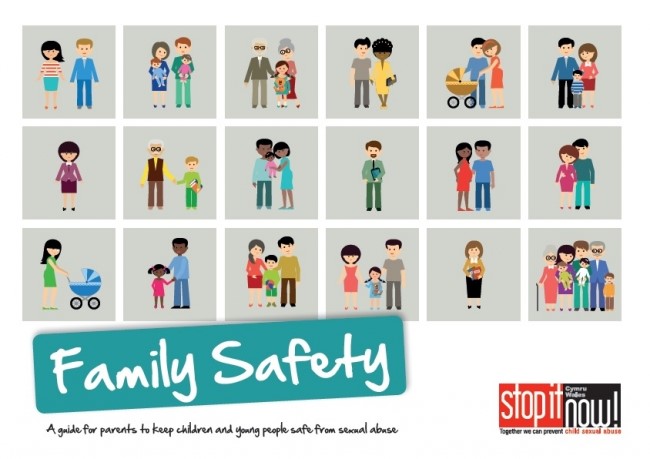 |
You can download a Family Safety Plan booklet to help you from our Parents Protect website |
Get help
Get help from professionals who can support you through the process and give you safety advice. Information on sources of help can be found here.
Get support if you need it
It is incredibly difficult to hear that someone you love has been hurt in such a way. Children who have experienced sexual abuse often need many things.
- They need to be believed.
- They need to be protected.
They need someone to answer questions they may have.
Therapeutic help for children may be of help in some circumstances. But children who have experienced harm also need protective adults around them to be emotionally strong. If they have this they can feel loved and supported and will have the right routines and opportunities to grow, develop, and leave harm behind.
Parents and loved ones of children affected by abuse will also need support at times.
Further advice and supports can be found at:
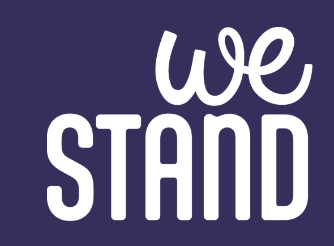 |
We Stand is a voluntary organisation supporting non-abusing parents and carers whose children have been sexually abused. They provide advocacy, advice and information, befriending, counselling, play therapy and support groups following alleged child sexual abuse.
|
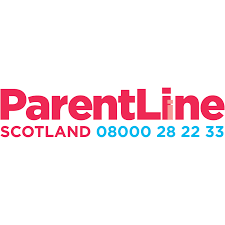 |
ParentLine Scotland is run by Children 1st and provides information and support to anyone in a parenting role. The helpline is staffed by trained volunteers. They can provide advice on a whole range of subjects including help for those who are at risk of abusing their children. The contact details are:
|
Further information on services for children can be found under FAQ section.
Reporting of Child Sexual Abuse in Scotland
If you suspect a child is being sexually abused, getting the proper help and support is vital.
Finding out that your child has sexually harmed another child
Finding out that your child has engaged in harmful sexual behaviour can be overwhelming.
Did you know?
Only 1 in 5 adults would report suspicions of child sexual abuse.
Source - Jütte, S., Bentley, H., Miller, P., Jetha, N. (2014).
Read more




